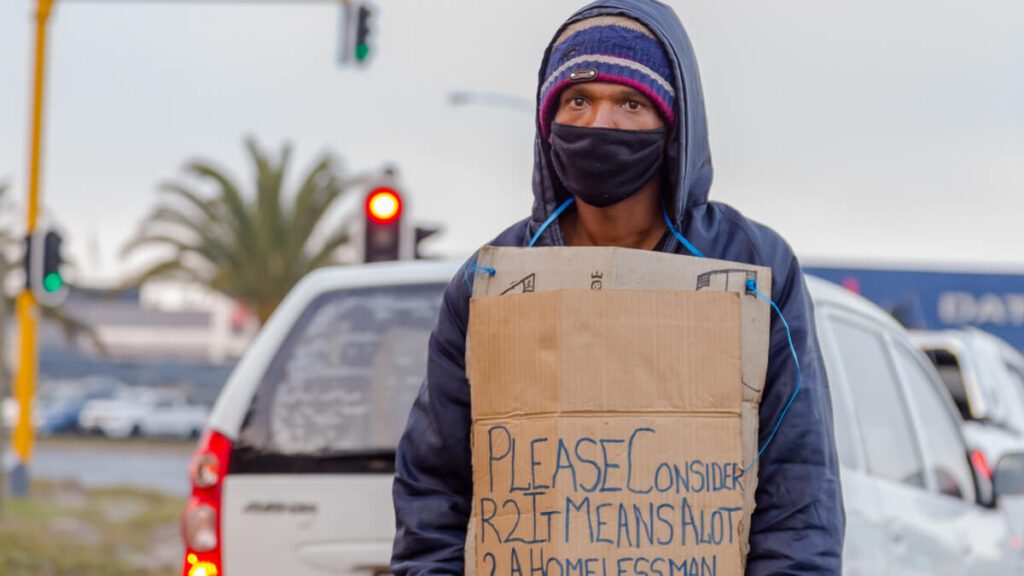
While the pandemic has affected us in almost every way possible, its plain to see the economic impact of the covid-19 pandemic and its devastating blow on individuals, families and businesses across the world.
As of late, the pandemic is projected to put 100 million people into extreme poverty – all while reshaping what extreme poverty looks like.
For the unfamiliar, the international extreme poverty line is set at $1.90 per day. Currently, a significant 9.1 percent to 9.4 percent of the world’s population are living in dire conditions according to The World Bank’s Poverty and Shared Prosperity Report.
The report also mentions that we are currently witnessing the highest rates of extreme poverty we have ever experienced in the past 20 years.
Prior to the pandemic, things were looking up for critical poverty cases as the rate was projected to drop to 7.9 percent in 2020. But yet again, a global-scale pandemic was not projected either.
The World Bank Group President David Malpass said, “The pandemic and global recession may cause over 1.4 percent of the world’s population to fall into extreme poverty”.
Well, in times of need – and most other moments, we look to tech for the solution. Luckily, tech has our backs.
With the advent of the coronavirus pandemic, several technologies have blossomed and bloomed. Namely IoT, 5G, and Blockchain.
IoT-based smart agriculture
With up to 78 percent of the world’s lower income population living in rural areas and depending on farming as their main source of income, improving agricultural efficiency will prove to be key in fighting poverty.
With several advancements in smart farming, real-time data and analysis can go a long way in helping farmers improve their decision making with IoT-powered technologies that can ultimately reduce crop failure risk, increase yield, decrease production cost, and open up new market access.
5G Opening up education for rural areas
With promises of 5G bringing super-low latency and ultra-high bandwidth, this leap into next gen tech will certainly open the doors to new education opportunities for people living in rural areas.
Blockchain’s pivotal role in land registry and economic access
Several developing countries face the problem of having poor record-keeping practices, rendering it nearly impossible for people to actually prove they own the land they live and work on.
Without a verification of ownership, people cannot buy or sell their property, establish a line of credit, access loans or even other financial tools, putting them in a deadlock position when it comes to improving their economic standing.
Blockchain technologies are being introduced to address this very problem. Taking Ghana as a case, non-profit Bitland developed a blockchain-based registry of land ownership that uses GPS data, satellite photos and monetary transactions to produce property rights.
Blockchain also enables users to open bank accounts and conduct financial transactions.